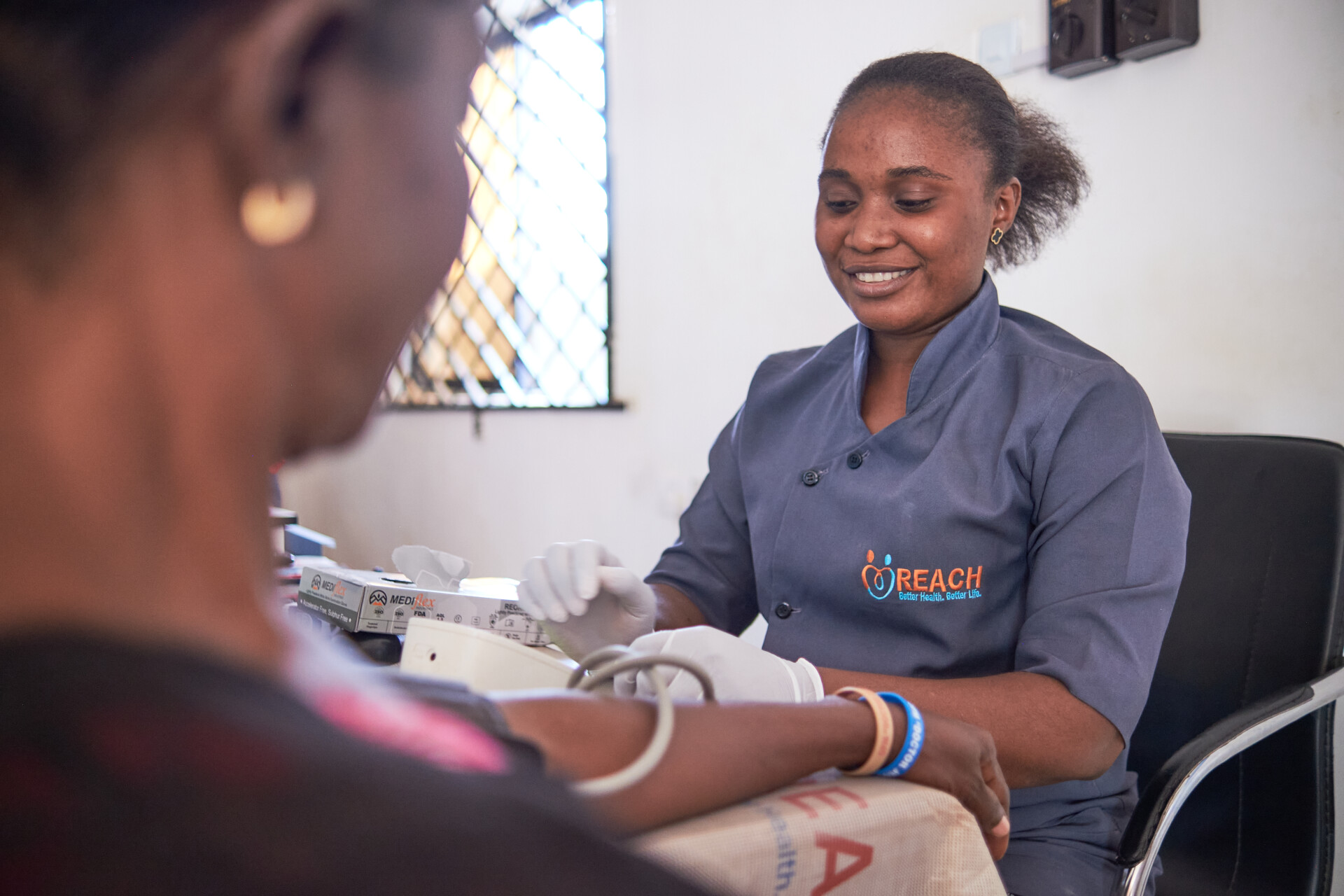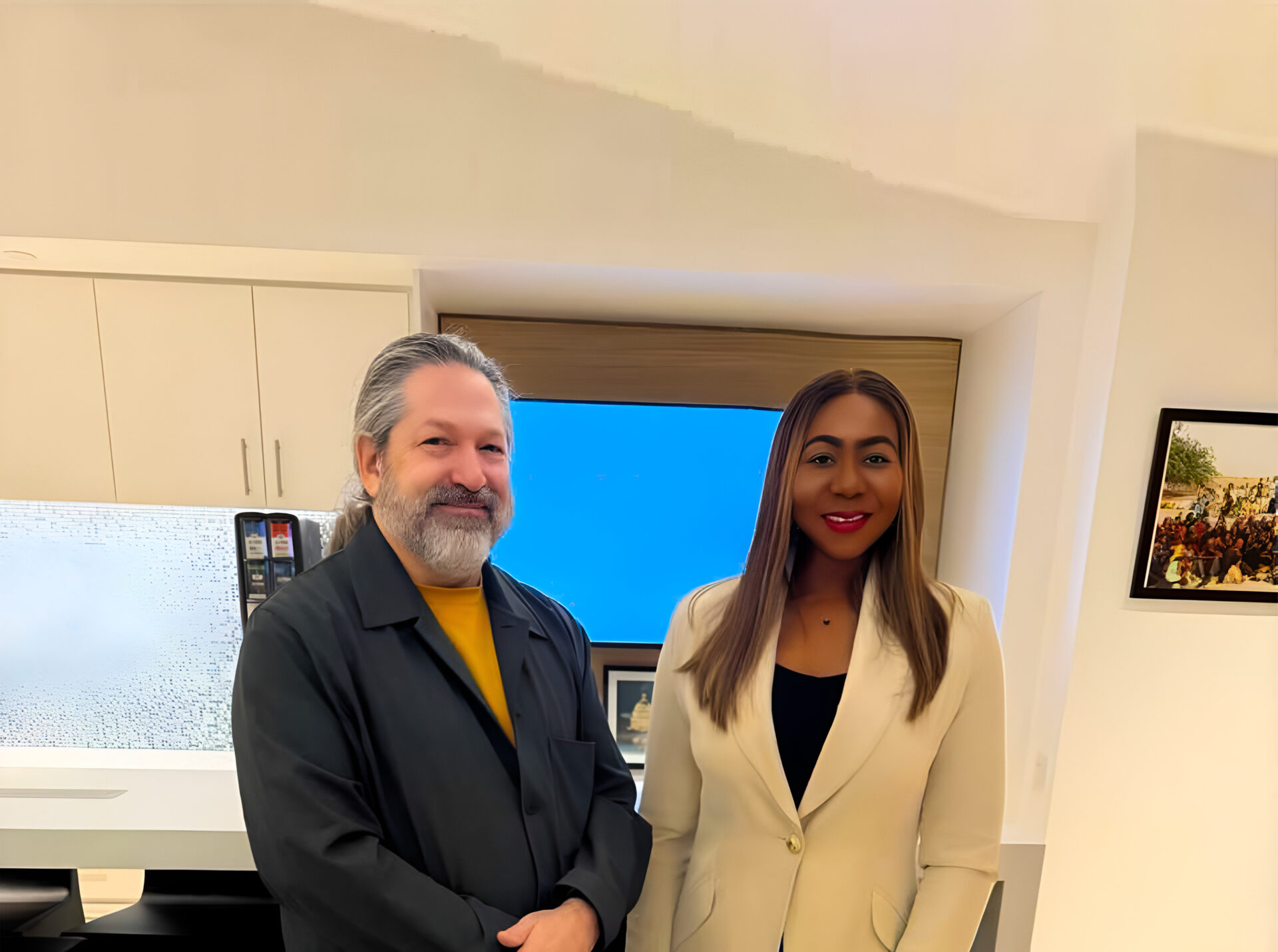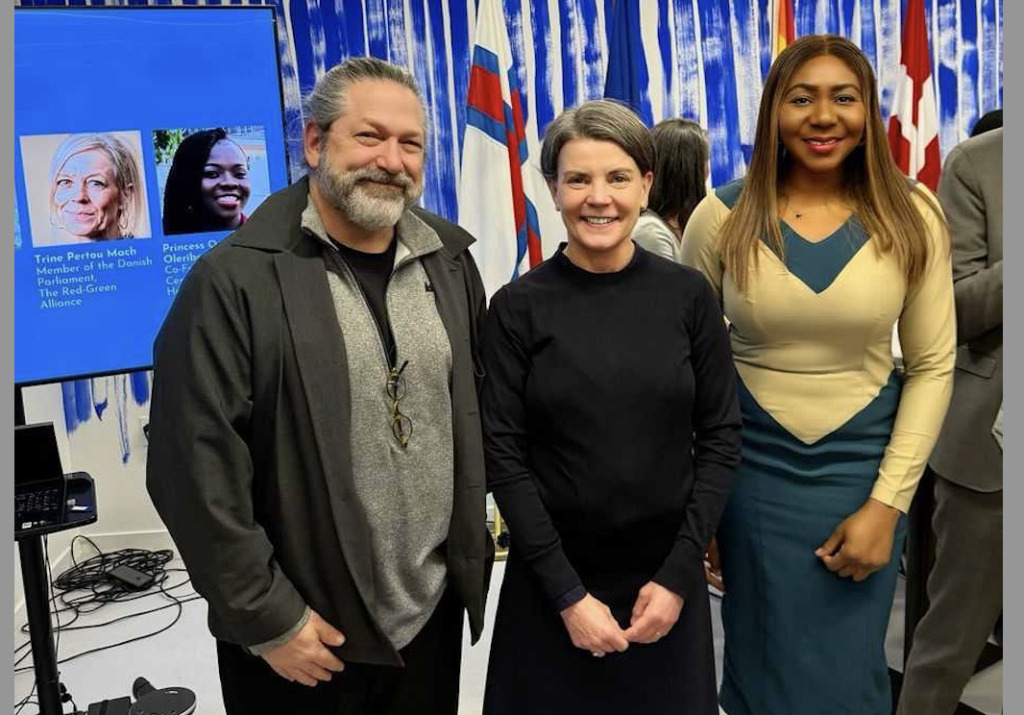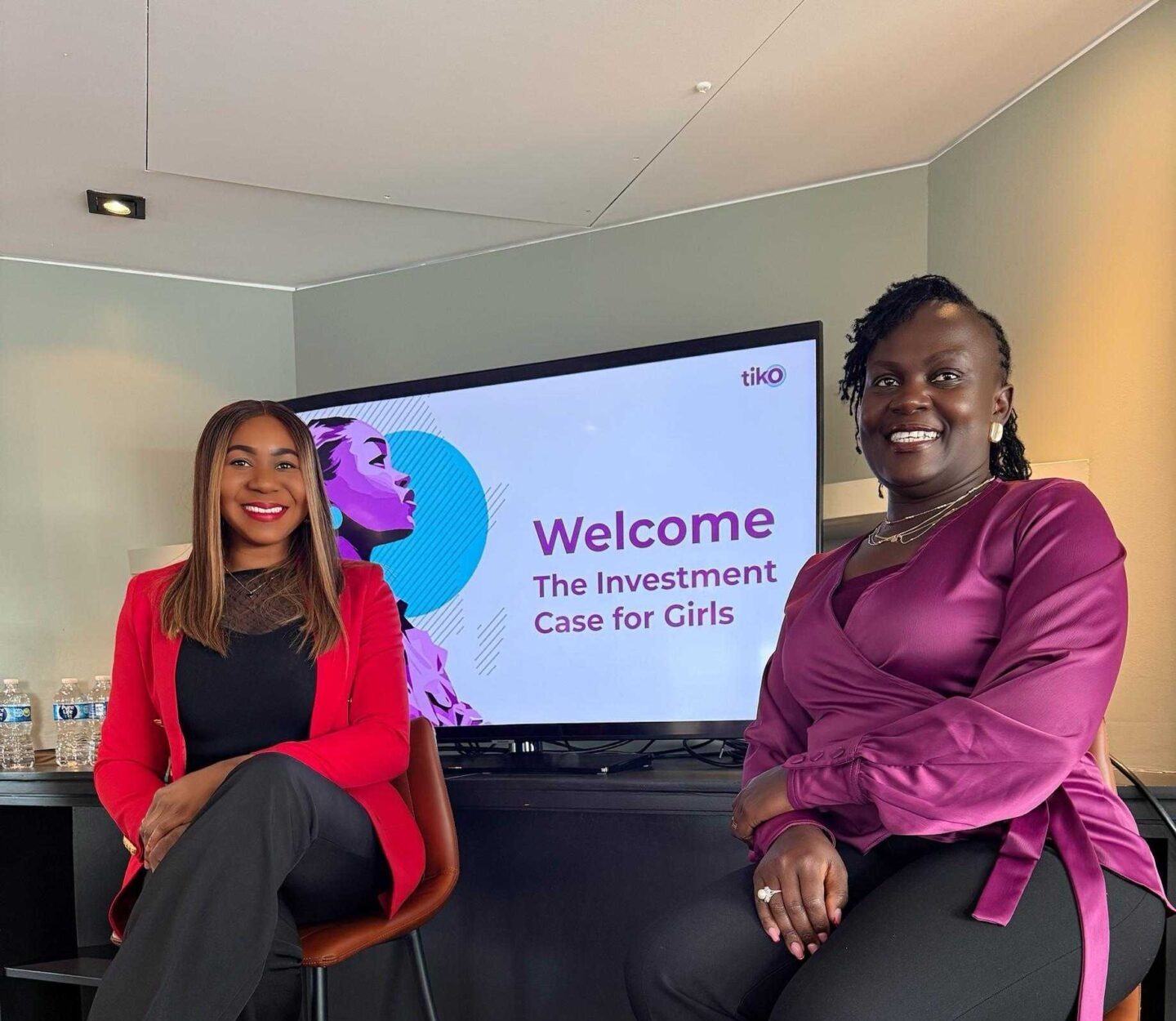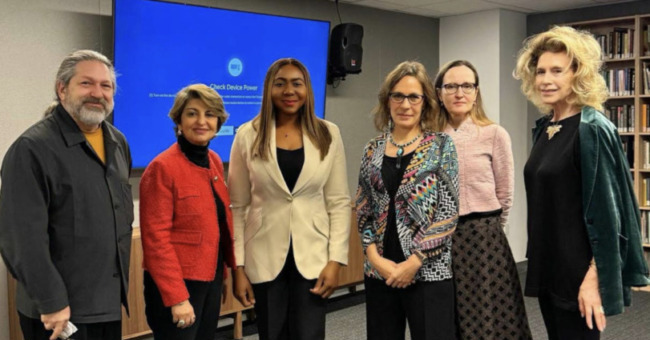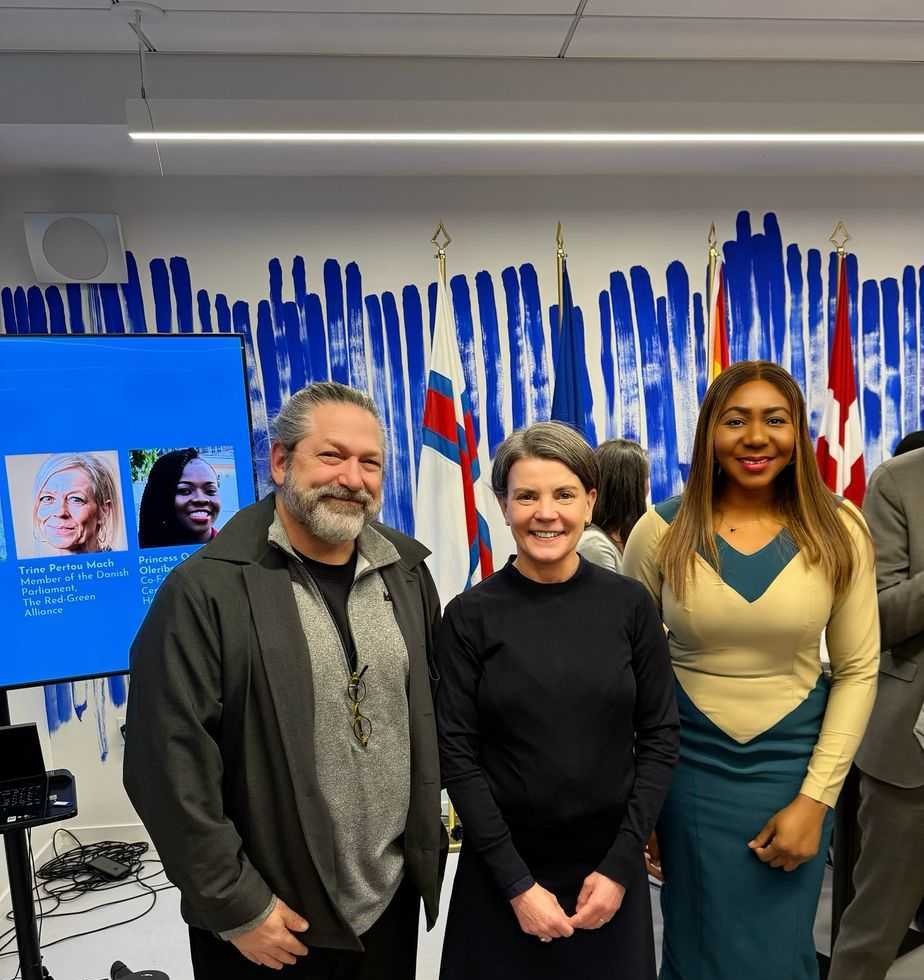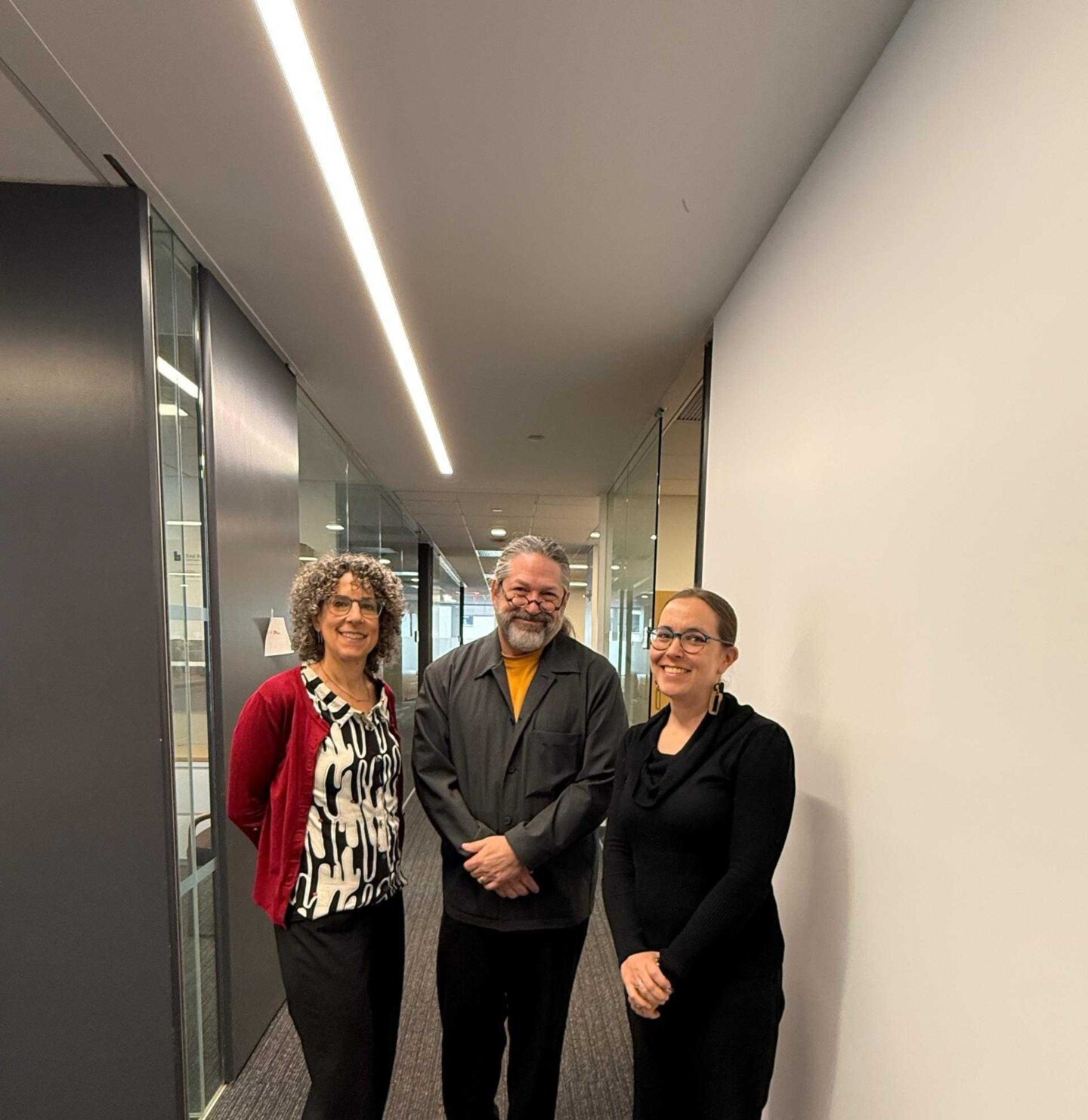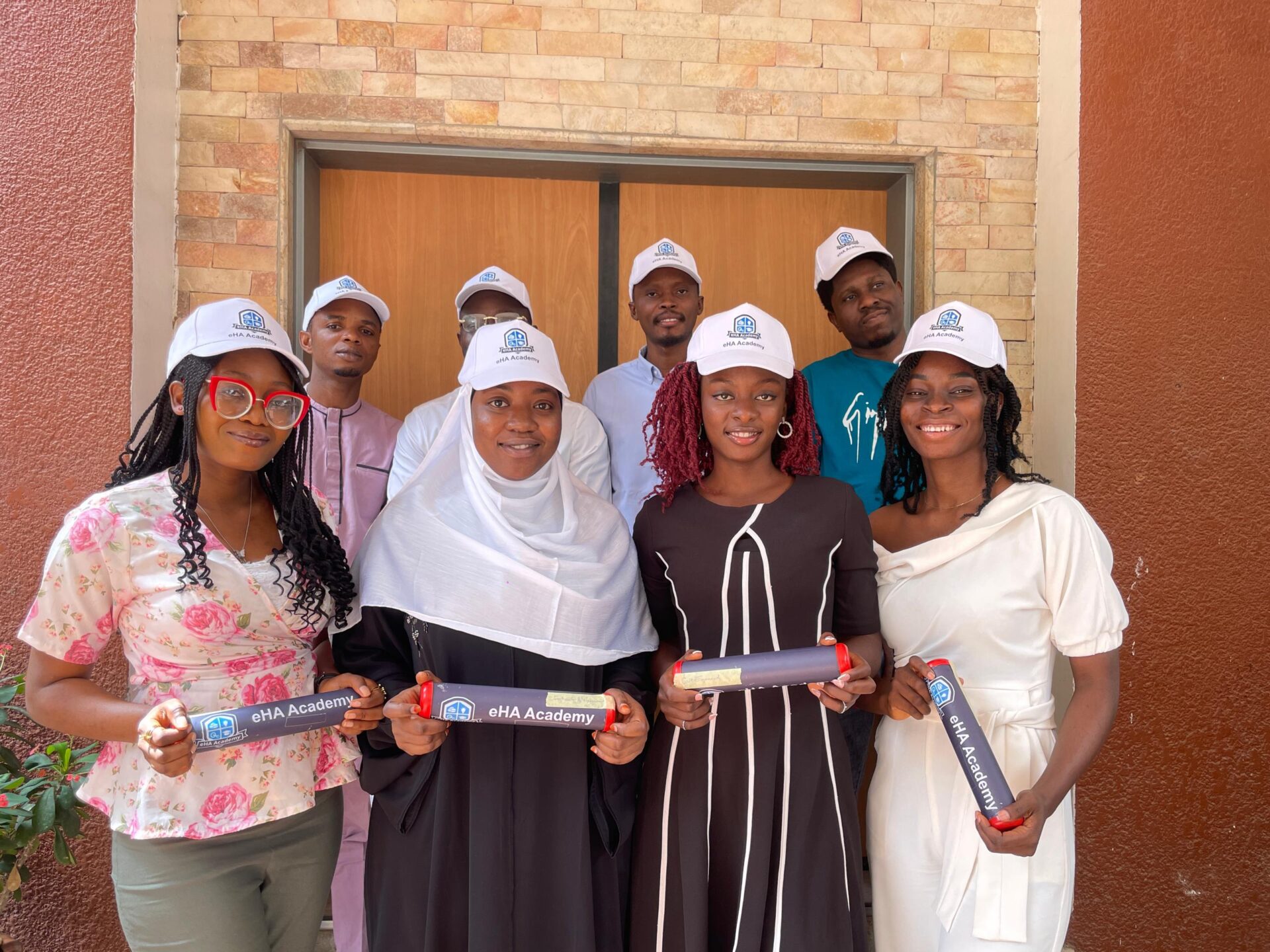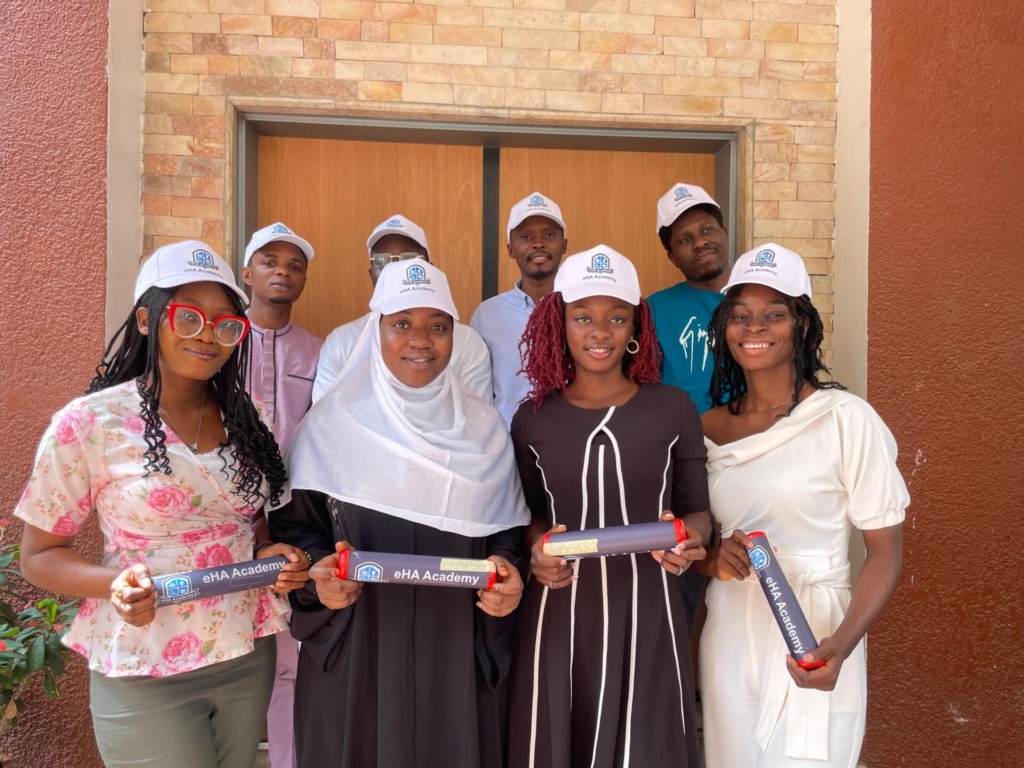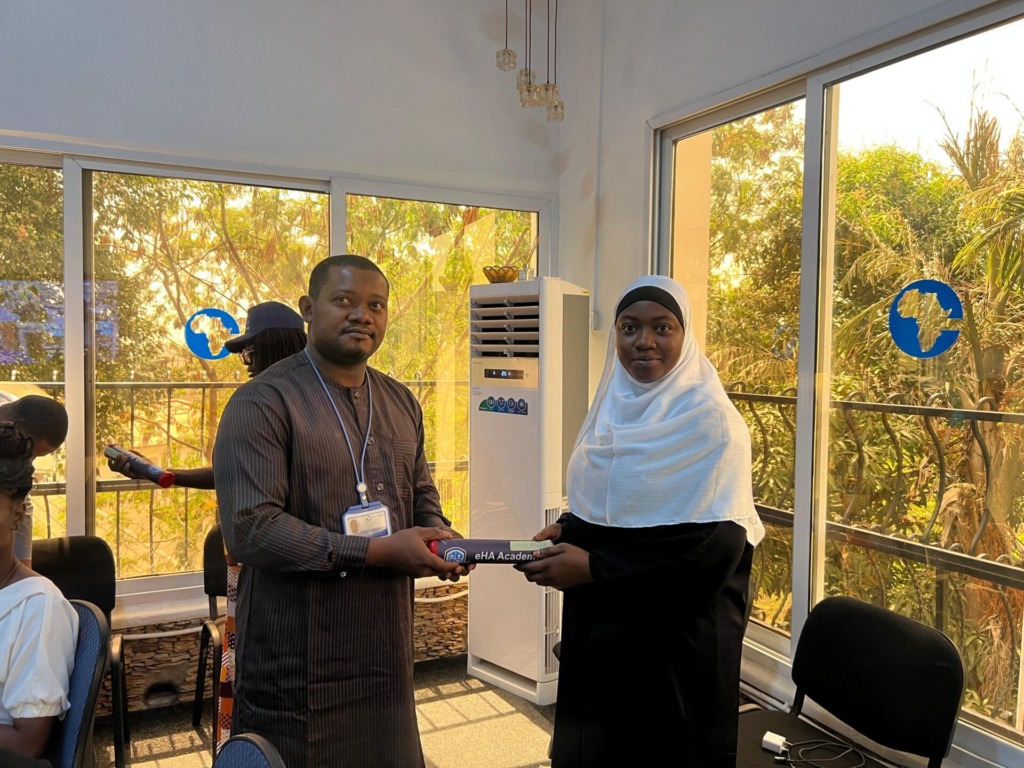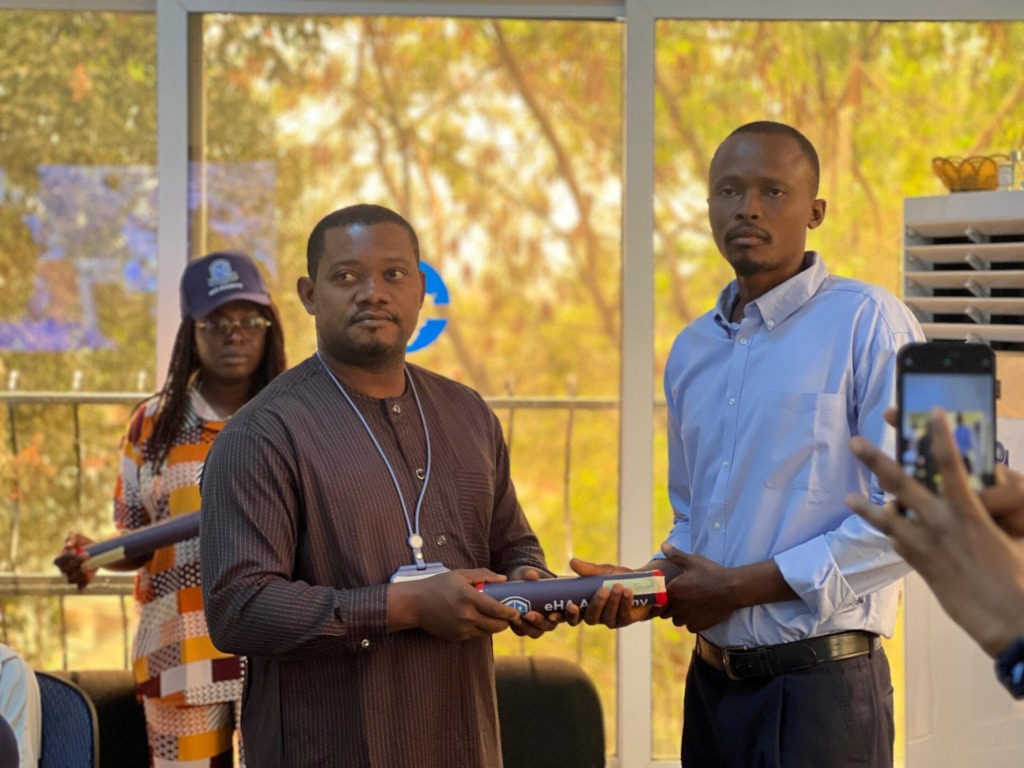Tijesu Ojumu
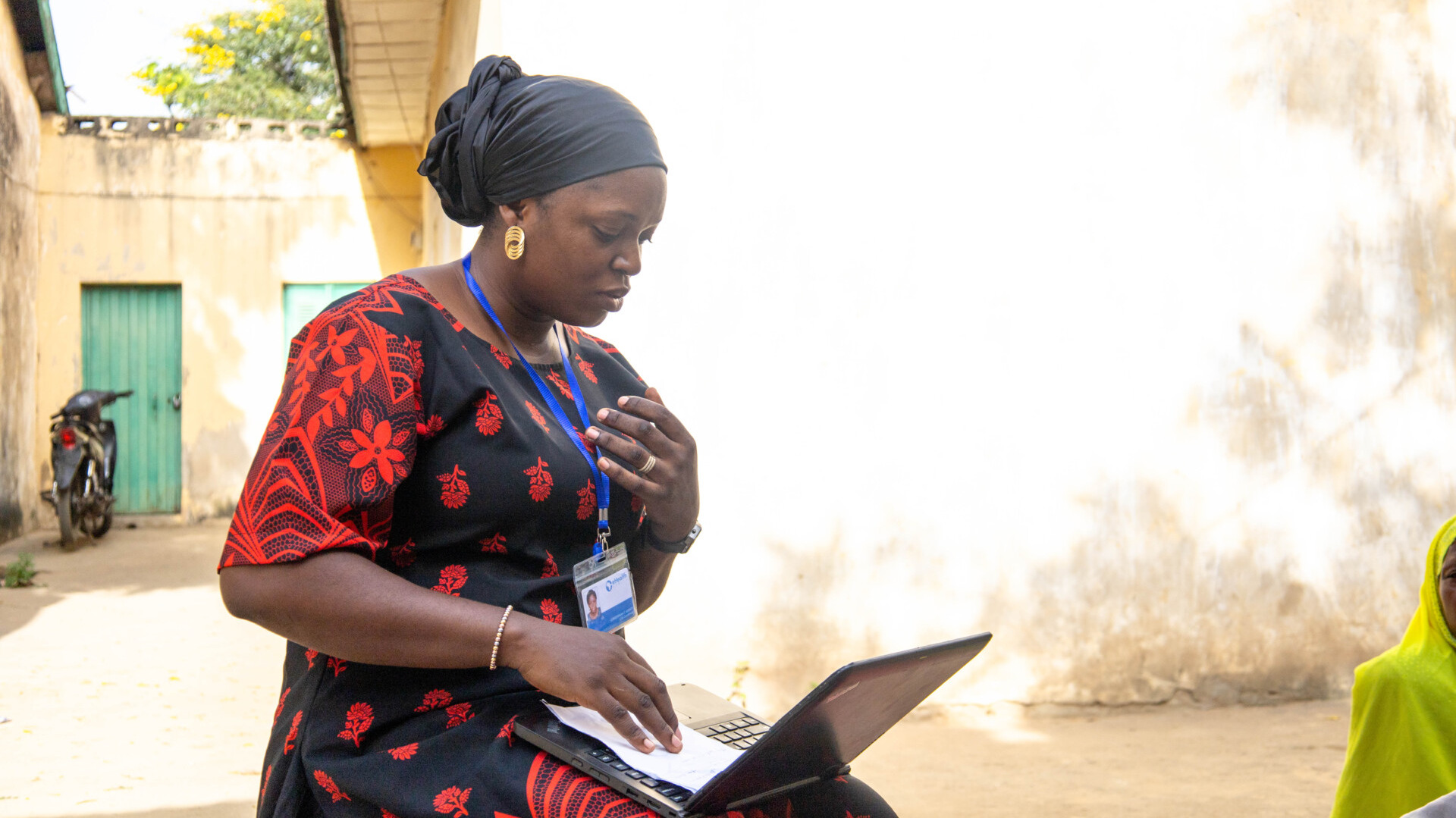
Across many parts of Nigeria and the African continent, health systems are often designed in ways that treat women as beneficiaries—but not as central users, decision-makers, or even visible in the data. Yet it is women and girls who are disproportionately affected by gaps in access, affordability, and information. This disconnect not only undermines health outcomes but weakens the ability of systems to plan effectively and equitably.
At eHealth Africa, we are seeing how digital tools can begin to shift this narrative—from invisibility to inclusion. We’ve learned that the question is not simply whether women are being served, but how they are being seen in the data. And more importantly, whether they are being counted in ways that reflect their full experience—across different life stages, geographies, and health needs.
Where Gender Gaps Begin
From our work in maternal health, childhood nutrition, outbreak response, and logistics, we’ve observed that gender disparities in health often begin with how problems are defined. In microplanning for routine immunization, for instance, women are frequently the primary caregivers who interact with the health system. But their perspectives, challenges, and time constraints are rarely captured in planning sessions or data sets.
In one rural state, a survey showed a drop in immunization uptake. The default explanation was “vaccine hesitancy.” But further community engagement revealed the real barrier: women had to travel over 5 kilometers on foot with multiple children, without access to safe transportation. When digital microplanning tools like Planfeld were introduced to visualize catchment areas and overlay them with settlement maps and facility capacity, local health teams saw the mismatch clearly. Outreach plans were revised, mobile teams were deployed, and uptake rebounded.
Making Women Visible in the System
Digital health tools, when designed inclusively, can correct blind spots in the system. They allow decision-makers to:
- Track service delivery gaps specifically for women and adolescent girls.
- Disaggregate data by sex, age, and location to identify who is being reached and who is not.
- Enable frontline health workers—many of whom are women themselves—to feed back real-time information.
- Map trends in maternal and reproductive health services to detect slippage or progress.
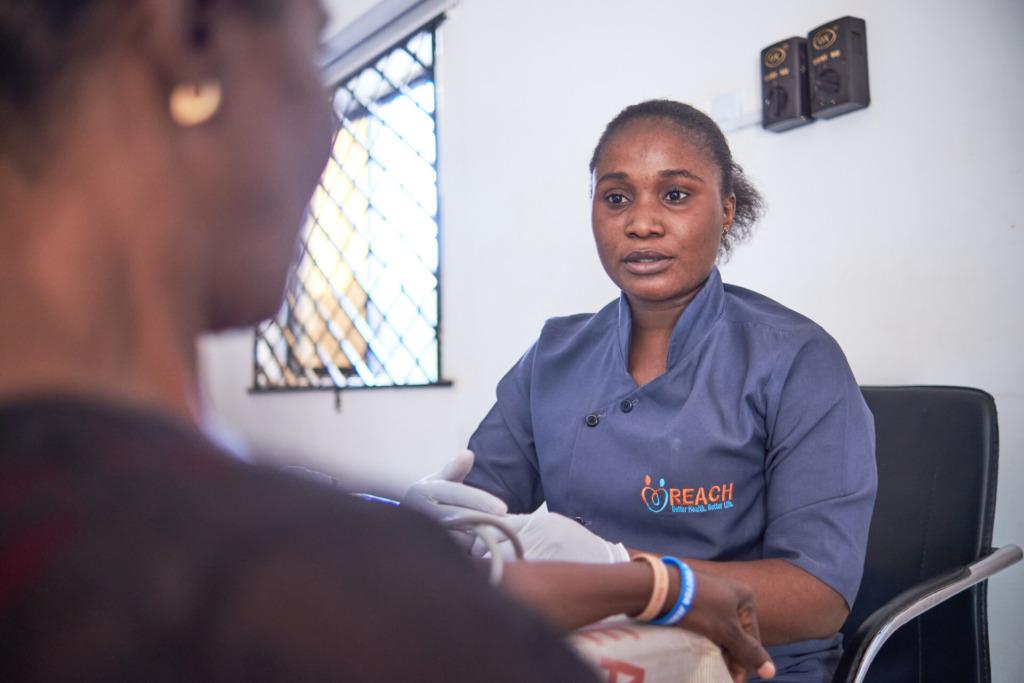
In our SRHR-focused work, we’ve used geospatial analysis to identify underserved areas with high adolescent birth rates. We’ve also supported monitoring frameworks that include indicators on menstrual hygiene access, antenatal care attendance, and community-level awareness. These efforts help reveal not just health outcomes, but the structural barriers behind them—whether it’s school absence due to lack of sanitary products or under-resourced health posts in remote communities.
Designing Tools That Fit Women’s Lives
Inclusion is not just about what data is collected, but how. Many digital health interventions assume consistent literacy, smartphone access, or connectivity—all of which can be barriers for women, especially in rural or low-income settings. That’s why we emphasize human-centered design.
Our team co-creates tools with users—including female community health workers, caregivers, and adolescent girls. Features such as:
- Voice-based instructions
- Visual prompts instead of text
- Offline functionality
- Integration with existing workflows
make the difference between a tool that is adopted and one that is abandoned.
Closing the Loop: From Insights to Action
Too often, women’s health data is collected but not used. It gets lost in reports, buried in dashboards, or aggregated into trends that erase nuance. At eHealth Africa, we work with government partners to ensure that insights become action. For example:
- In our early childhood development project, we developed gender-sensitive monitoring tools that tracked girls’ access to education and nutrition alongside immunization coverage.
- In outbreak surveillance, we built dashboards that differentiated between female and male case detection and response times.
- In facility-level planning, we supported decision-making that prioritized SRHR services based on community-reported gaps.
These are not add-ons. They are core to building a public health system that recognizes and responds to women as full participants.
A System That Reflects Everyone
The push for gender equality in health systems is not new. But digital tools offer a new frontier for making it real. They can provide the clarity, speed, and granularity needed to surface inequities and act on them before they become crises.
But this only happens when the people designing and deploying digital tools ask hard questions:
- Who benefits from this data?
- Who is missing from this picture?
- How will this tool shift power or access for women?
At eHealth Africa, we don’t just ask these questions—we embed them into our processes.
As digital health systems grow across Africa, we must ensure they are not built on old assumptions. A truly inclusive digital future will require a commitment to gender-aware data, systems that reflect lived realities, and tools that work for the people using them—especially women.
Because when we make women visible in health systems, we make everyone healthier.To learn more about eHealth Africa’s gender-focused digital health work, visit ehealthafrica.org.
